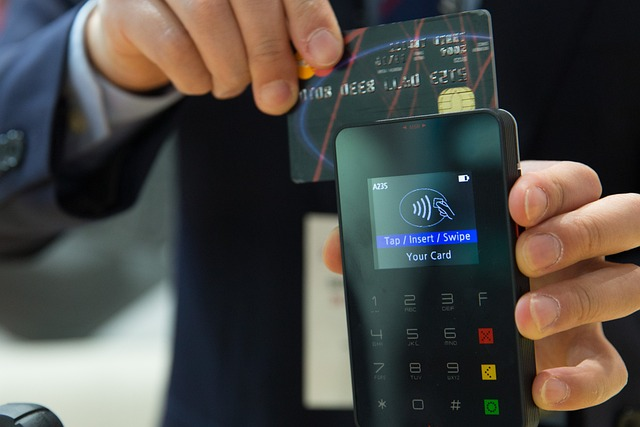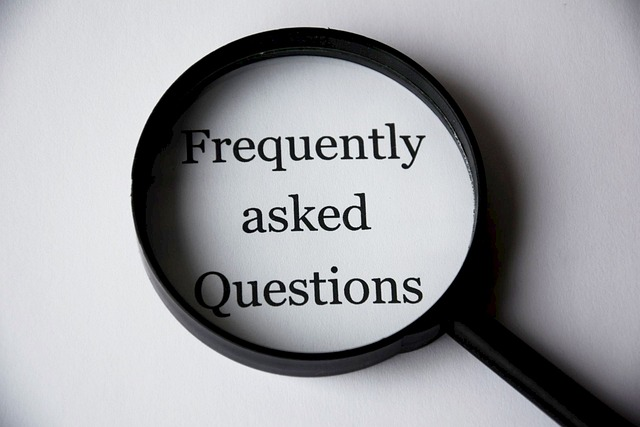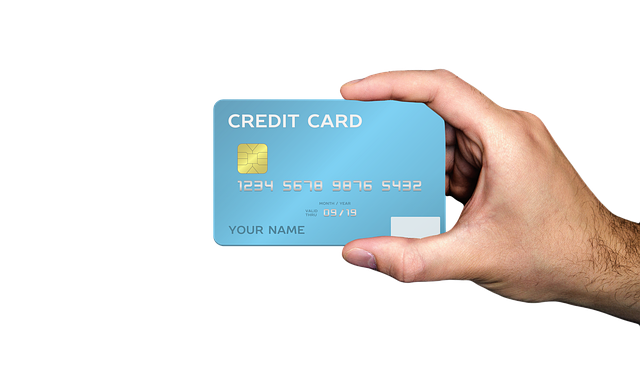What is EMV Compliance?
EMV compliance in credit card processing is an industry standard that aims to protect cardholders from credit card fraud. This standard involves the adoption of EMV chip cards over magnetic stripe cards. The history of EMV dates back to the collaboration between Europay, Mastercard, and Visa (EMV) to enhance payment security.
Merchants who accept credit cards but do not comply with EMV standards may be liable for fraudulent charges using stolen or counterfeit cards. Before the introduction of EMV technology, transactions were primarily secured by customers’ signatures on receipts. However, this method proved vulnerable to fraudsters who could easily replicate signatures.
Consumers should check with their credit card issuer to ensure EMV compliance. These are sometimes called:
- EMV-enabled cards.
- Chip credit cards.
- Chip and signature cards
- Chip and pin credit cards
- EMV smartcards.
How do EMV Chip Cards protect against fraud?
EMV chip cards safeguard against credit card fraud by creating a distinct code for each credit or debit card transaction. This unique code adds an extra layer of security, unlike a traditional magnetic stripe card that uses the same information for every purchase. The dynamic nature of this code makes it challenging for fraudsters to replicate and misuse cardholder data.
Enhanced Security Measures
EMV chip card payments significantly reduce the risk of fraudulent charges compared to magnetic stripe cards. Cardholders are better protected from unauthorized transactions when using EMV chip cards at merchants following EMV compliance. The transition to chip-enabled terminals enhances security measures, making it more difficult for criminals to access and misuse sensitive payment information.
Secure Online and Tap Transactions
In addition to in-store purchases, the utilization of chip cards improves security during tap and online transactions. With these advancements, the likelihood of falling victim to payment fraud decreases significantly. Whether making an online purchase or tapping their card on a contactless terminal, consumers benefit from increased safety measures provided by EMV technology.
Why is EMV Compliance important?
EMV compliance plays a crucial role in safeguarding cardholders from payment fraud. Implementing EMV technology significantly reduces the chances of falling victim to credit card fraud. This advanced system provides an additional layer of security that shields individuals from unauthorized transactions and potential data breaches.
Liability for Merchants
EMV rules shifted liability to merchants by holding them responsible for fraudulent transactions if they do not have EMV-compliant payment terminals. This means that if a customer’s chip card is used for a fraudulent transaction at a non-EMV-compliant store, the merchant may be held liable for the chargeback.
Merchants can protect themselves by ensuring their payment terminals accept EMV chip payments. This helps reduce the risk of accepting counterfeit cards and provides an added layer of security for both the merchant and the customer. By investing in EMV technology, merchants can safeguard themselves against potential financial losses and maintain customer trust.
How can my small business ensure EMV Compliance?
The following steps can help you ensure EMV compliance, reduce risks for your customers, and protect your business from liability.
Using EMV-Compliant Card Readers
To ensure EMV compliance, small businesses should use card readers that support this technology. These readers are designed to process transactions securely by interacting with the embedded chip on credit and debit cards.
Investing in EMV card readers can protect the business and its customers from potential credit card fraud. By requiring a unique code the chip generates for each transaction, these devices add an extra layer of security compared to traditional magnetic stripe cards.
Implementing Point-to-Point Encryption
Another crucial step for small businesses is implementing point-to-point encryption (P2PE) when processing payments. P2PE ensures that sensitive information like the card number is encrypted from when the card reader captures it until it reaches the payment processor.
By encrypting data throughout the entire transaction process, businesses can safeguard their customers’ information against potential breaches or unauthorized access. This added protection helps reduce the risk of payment fraud and enhances compliance with industry standards.
Training Staff on Card Security Protocols
Training staff members on proper card security protocols is essential for maintaining EMV compliance. Educating employees about handling customer data securely, recognizing signs of fraudulent activity, and following established procedures can help prevent issues like unauthorized charges or compromised information.
Ensuring that all team members are well-versed in payment security practices protects cardholders and fosters trust between customers and the business. This proactive approach demonstrates a commitment to protecting sensitive information and upholding high service standards.
Consider Contactless Payment Options
Small businesses looking to enhance their EMV compliance may consider investing in contactless payment options such as tap-to-pay systems. These solutions allow customers to complete transactions quickly and securely by simply tapping their cards or mobile devices on compatible terminals.
Contactless payments offer convenience while reducing physical contact during transactions, making them increasingly popular among consumers seeking efficient payment methods. By embracing this technology, businesses can cater to evolving customer preferences while prioritizing secure payment methods.
What are the best EMV-Compliant POS systems?
Most modern POS systems include EMV-compliant chip readers and technology. Here are some of the best POS systems to consider.
Clover POS
Clover POS is a comprehensive point-of-sale system that ensures EMV compliance by offering secure chip card transactions and encryption technology. It gives merchants peace of mind knowing that their customers’ payment data is protected from fraud and unauthorized access.
Square POS
Square POS is a popular point-of-sale system that allows businesses to accept payments securely. It ensures EMV compliance by offering EMV chip card readers and encryption technology to protect customer data during transactions.
Toast POS
Toast POS is a restaurant point-of-sale system that helps businesses streamline operations and improve customer experience. It ensures EMV compliance by securely processing chip card transactions and reducing the risk of fraudulent activities.
Lightspeed POS
Lightspeed POS is a comprehensive point-of-sale system offering EMV compliance to ensure secure customer transactions. By utilizing EMV chip technology, Lightspeed POS encrypts customer payment data, reducing the risk of fraud and providing peace of mind for businesses and their clients.
Frequently Asked Questions
Here are the most common questions about EMV compliance.
How much does EMV Compliance cost?
EMV compliance costs can vary significantly for merchants based on their specific needs and the technology they adopt. By embracing EMV technology, businesses may experience a decrease in fraudulent charges, providing a safer payment environment. This enhanced protection benefits cardholders by reducing the risk of unauthorized transactions and potential credit card fraud.
EMV Compliance Pros & Cons
Pros:
- Enhanced protection against payment fraud.
- Reduced liability for merchants.
- Improved security measures compared to traditional magnetic stripe cards.
Cons:
- Initial costs associated with upgrading payment terminals.
- Potential inconvenience during the transition period as customers adapt to using chip cards.
What are EMV Compliance laws?
EMV compliance is not a law in itself but rather a set of standards that merchants are strongly encouraged to follow. EMV, which stands for Europay, Mastercard, and Visa, refers to the global standard for credit and debit card payments using chip card technology.
Can I get in legal trouble for not being EMV-Compliant?
While non-compliance has no direct legal consequences, failing to adopt EMV technology may result in increased liability for fraudulent transactions, potentially impacting your business financially. EMV Compliance is crucial as it helps protect businesses and customers from fraudulent activities by providing an added layer of security through chip-enabled cards.
What’s the difference between EMV and PCI Compliance?
EMV and PCI compliance are interrelated but have different standards. While EMV compliance is specifically about using chip-enabled cards, PCI compliance is a comprehensive set of standards to protect consumer data.
Understanding EMV Compliance
EMV compliance primarily revolves around utilizing chip technology to enhance card protection. Unlike traditional magnetic stripe cards, EMV cards have embedded chips that generate unique transaction data for each purchase. This dynamic authentication process makes it significantly harder for fraudsters to create counterfeit cards or steal sensitive information.
Understanding PCI Compliance
PCI compliance, or Payment Card Industry Data Security Standard compliance, is crucial for businesses that handle credit card transactions. This set of security standards was established to protect cardholder data and ensure secure payment processing.
By adhering to PCI compliance regulations, businesses can reduce the risk of data breaches, fraud, and other security threats. Failure to comply with these standards can result in hefty fines, loss of customer trust, and damage to a company’s reputation. Therefore, businesses must prioritize PCI compliance to safeguard sensitive payment information and maintain a secure environment for their customers.
What should I know about the EMV Liability Shift?
The EMV Liability Shift transfers responsibility for fraudulent transactions from cardholders to merchants. If a merchant does not comply with EMV standards, they may be held accountable for losses resulting from payment fraud.
Adopting EMV technology, which utilizes chip cards instead of magnetic stripe cards, significantly reduces the risk of credit card fraud in face-to-face transactions. This shift aims to protect cardholders by providing enhanced security measures during in-person purchases.
Merchants who have upgraded their payment terminals and processes to support EMV technology benefit from decreased vulnerability to counterfeit card fraud in physical stores. However, those who have not switched expose themselves to potential financial liabilities associated with fraudulent charges made using outdated magnetic stripe cards.
Are there financing options to fund EMV-Compliant upgrades?
Yes, you should be able to find funding to upgrade to a POS system that offers EMV compliance.
Equipment Financing
Equipment financing can be a smart way for businesses to upgrade to EMV-compliant chip readers without a significant upfront investment. By spreading the cost over time, companies can stay competitive and secure against fraud with the latest technology.
Merchant Cash Advance
A merchant cash advance can provide businesses with the necessary funds for upgrading to EMV-compliant chip readers, making this crucial investment in payment security easy to achieve. This financing option allows businesses to stay current with technology trends and protect themselves from potential liabilities associated with outdated payment processing systems.
Other Small Business Loans
You may also be interested in one of the following small business loans:
- Bad credit business loan.
- Business line of credit.
- Business loans for women.
- Business term loans.
- Invoice factoring.
- Revenue-based loan.
- SBA loans.
- Working capital loans.
- ERC advance.
What is EMV Compliance – Final Thoughts
Ensuring your small business is EMV-compliant protects you legally and builds trust with your customers. Choosing an EMV-compliant POS system and understanding the associated costs are critical steps in this process.
Remember, merchants are now liable for fraudulent charges if they fail to follow EMV standards. So, ensuring you’re using EMV-compliant chip readers is in your best interest.
Fortunately, EMV standards were enacted in 2015, so most POS systems and card readers include these features. However, it’s still important to double-check that your POS provider and card readers follow the latest standards.
Contact us if you have more questions about EMV compliance or to apply for a small business loan. Our alternative funding experts can help you find the best financing options to upgrade your POS systems or for any business need.

























